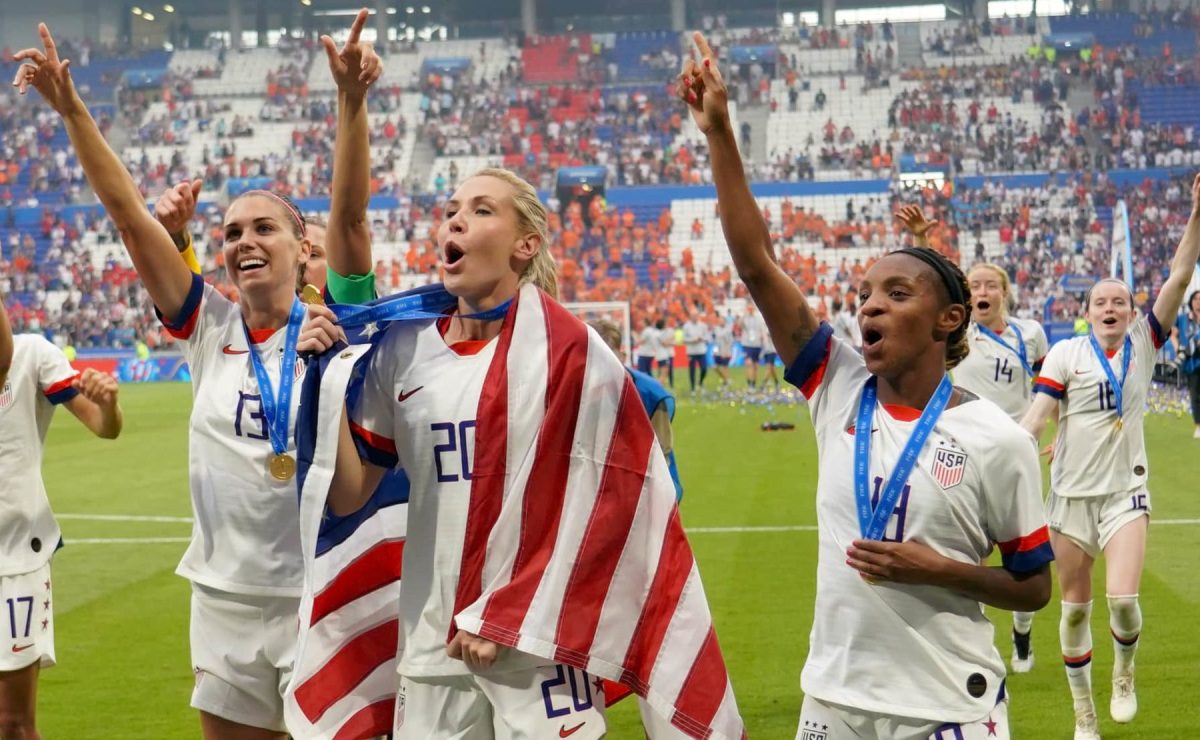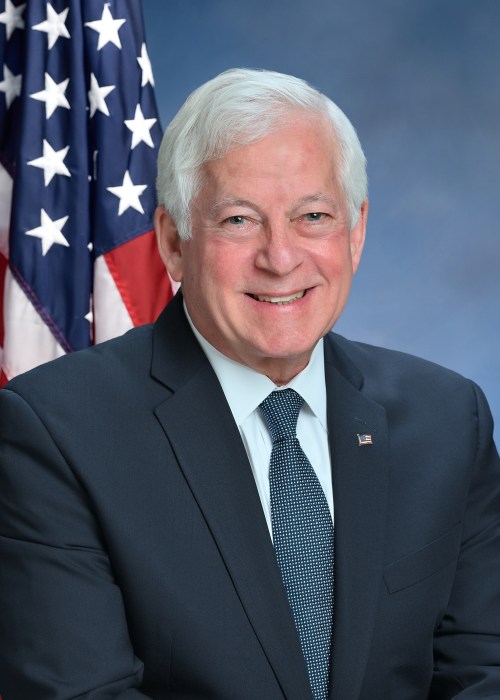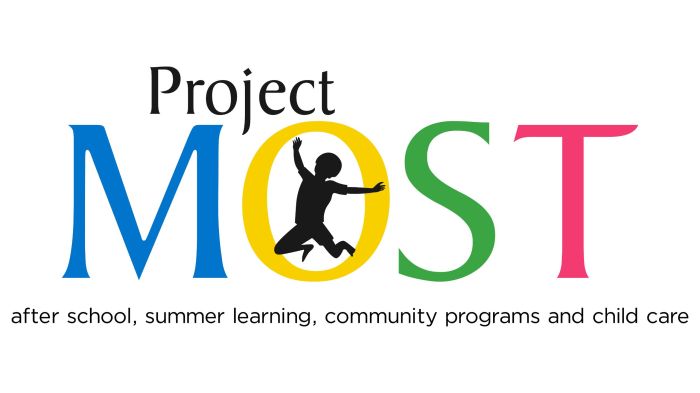Before this coronavirus pandemic, where we were as a society in terms of equality between men and women wasn’t great. And all of this virus chaos isn’t the catalyst for faster change that we are looking for to close the 18 percent gender pay gap. Using the world of sports as one indicator of the pandemic’s ripple effects, journalists and leaders are working hard right now to call out injustices of the worldwide prioritization of men’s sports leagues as organizations begin to put together their corona-recovery plans.
Before the virus, inequality and discrimination on the basis of sex were significant in all the basics of life: respect, representation, pay, hiring, promotions, marketing, investment, and time spent on domestic and child-care responsibilities. But despite very real institutionalized gender discrimination, girl’s and women’s sports were flourishing in 2019.
Women’s professional sports leagues were gaining momentum. Sponsorship and investment was growing. Things were going in the right direction thanks to laws like Title IX, items like tampons, and leaders like Billie Jean King, which work together to keep girls in school and in sports and ultimately help get them into board rooms.
A billion people around the world tuned their TVs to the Women’s World Cup last summer and 260 million people watched the U.S. Women’s National Team beat The Netherlands in the final to become four-time world champs. The U.S. players have built a supporter base of millions of people that now know — and care — that women have never been paid or respected as equals.
The players are winning their pay discrimination lawsuit against their employer, U.S. Soccer, in the court of public opinion, and, with the help of influential international corporations, including Coca-Cola, Budweiser, Volkswagen, Visa, and Deloitte, have forced the resignation of U.S. Soccer’s president because of his absurdly sexist defense tactics. The history-making case is set to go to trial on June 16. We will be watching.
But now, women’s sports will take a disproportionate hit due to this crisis as budgets are reexamined. For too many decision makers in sports, the priorities will be: Health. Family. Work. Career. Men’s sports. Everything else. Women’s sports.
It’s hard to imagine that the four percent of the sports media landscape that women’s sports received in 2019 could go lower, but it might. England’s Football Association, with the most powerful and wealthiest sports league in the world, has warned of cuts to women’s teams and schedules due to repercussions of the pandemic. The commissioner of the NWSL was denied access to the conference call between the commissioners of professional sports leagues and the White House. FIFA, the world’s governing body of soccer, has not yet created safeguards to ensure the protection of women’s programs even though it receives tax breaks as a nonprofit in order to protect the game equally for everyone.
We recognize the similarities and differences between this crisis and the crises that female athletes have weathered before. Like the circumstances in the 1920s that led to women’s soccer being banned in England, Brazil, and Germany for 50 years, and after World War II when women’s sports were dismantled in order to reinstate the men’s games. It’s only been 50 years since the major bans of the women’s soccer were removed.
Sadly, some of the progress made in that time will be lost, but there is value in feeling a threat and going through an existential crisis. It ignites us. It bonds us. And we will soldier on with positive determination, more connected to the struggles of our pioneers than was possible before.
Women’s sports will recover from this and grow again because we are warriors. We just keep playing. Our love of the game is not extinguishable. We will keep doing what we were born to do.
We don’t play for the money, although we deserve to. We play for the joy of the game and we play for each other. We will rise up again and again no matter how many times we are disrespected or defunded or undervalued until we do reach equality.
Women’s national soccer teams in Australia, New Zealand, and Denmark have already negotiated successfully for equal pay. In the last quarter century, a powerful network of advocates for equality in sports has emerged with the help of new technologies and social media that is growing deep roots and has welcome arms. We have the raw talent.
Our athletes are putting in their 10,000 hours and pushing their limits when no one’s watching, becoming dazzling magicians on the ball, and in their games. Our coaches, managers, and support staff are in it for the love of the game and are never going to stop working toward our bright future. And as smaller organizations, we are more nimble and more personal, which are advantageous during challenges such as this.
The whole world has been shaken. And unfortunately we aren’t always able to protect ourselves from the chaos of politics and the universe. But we grit our teeth and carry on. We were better prepared to handle a crisis than we were before, and with the great leaders who are shining in this crisis we will weather this storm and be better prepared to weather the next crisis when it comes.
We continue to foster the love of the game and the skills of leadership in the hearts of young girls, and we show them they aren’t alone. We continue to learn and grow and build value in women’s professional sports. We earn respect and trust one fan at a time and one investment at a time.
We don’t want handouts. We don’t want mercy. We want what we deserve.
Susie Petruccelli, a former Harvard University women’s soccer player and a documentary producer, is the author of the forthcoming memoir Raised a Warrior: One Women’s Soccer Odyssey. She lives on Long Island with her family. Find her on Twitter at @sooozie
Sign up for Long Island Press’ email newsletters here. Sign up for home delivery of Long Island Press here.
Related Story: Long Island Woman Producing Documentary About Female Soccer Players Fighting For Equality
Related Story: U.S. Women’s National Soccer Team’s Allie Long and Crystal Dunn Bring World Cup Win Home to Long Island
































